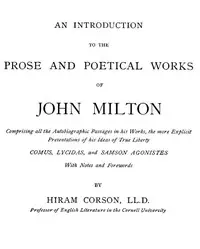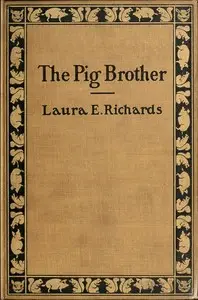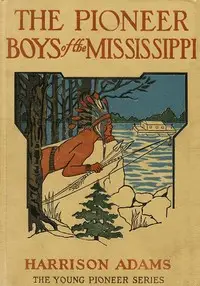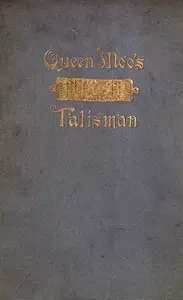"Milton's Comus" by John Milton is a lyrical masque written in the early 17th century. This poem explores themes of virtue, temptation, and the conflict between chastity and indulgence, encapsulated in the narrative of the character Comus, who represents sensuality and excess. The main storyline revolves around a young lady who faces temptation but ultimately upholds her virtue, aided by her brothers and an attendant spirit. The beginning of "Comus" introduces us to an ethereal attendant spirit, tasked with protecting the children of a noble Earl as they navigate a dark and enchanted forest. The spirit reflects on the world above and below, contrasting the divine with the tempting, corrupted realm of Comus, who is portrayed as a sorcerer adept in leading innocents astray. As the lady becomes separated from her brothers, she encounters Comus, who attempts to seduce her with promises of pleasure, setting the stage for the ensuing battle between virtue and vice. This opening segment highlights the overarching themes of the masque and lays the groundwork for the moral conflict that unfolds throughout the work. (This is an automatically generated summary.)

Milton's Comus
By John Milton
"Milton's Comus" by John Milton is a lyrical masque written in the early 17th century. This poem explores themes of virtue, temptation, and the confli...
John Milton was an English poet, polemicist, and civil servant. His 1667 epic poem Paradise Lost, written in blank verse and including twelve books, was written in a time of immense religious flux and political upheaval. It addressed the fall of man, including the temptation of Adam and Eve by the fallen angel Satan and God's expulsion of them from the Garden of Eden. Paradise Lost elevated Milton's reputation as one of history's greatest poets. He also served as a civil servant for the Commonwealth of England under its Council of State and later under Oliver Cromwell.


















